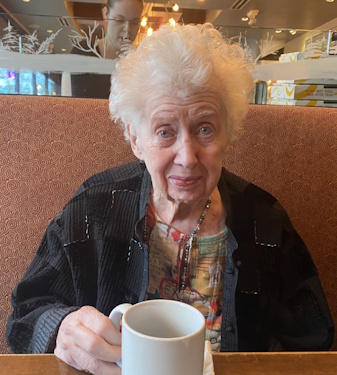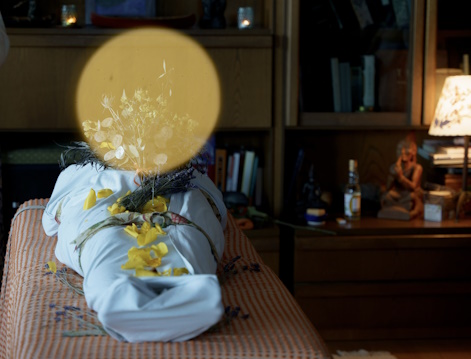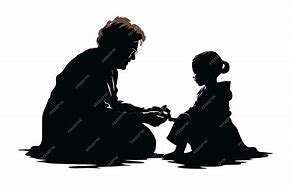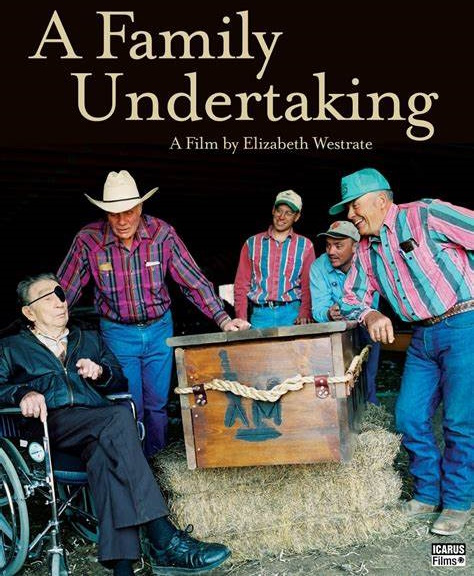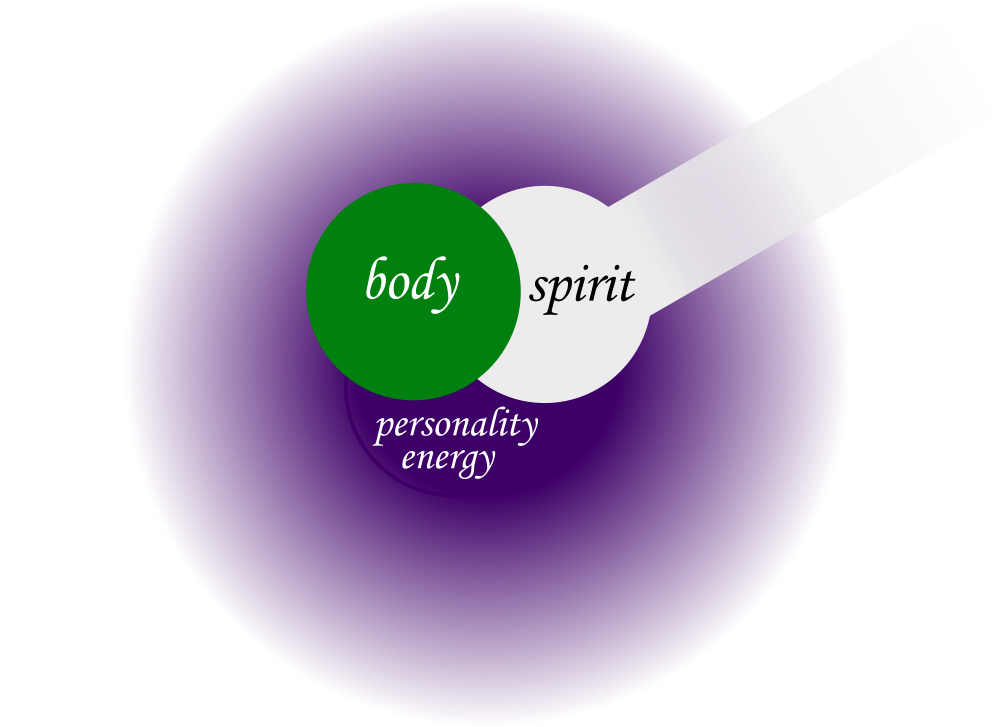

Definitions,
Values,
DJ's Rights, 7 Stages,
Alternative Providers,
CINDEA Recognition,
Why use Services?
Expectations,
Web of Facets,
Advantages of a DM,
CINDEA Recognition,
Philosophy in Practice

Final
Affairs,
Advance Directives & Representation/Proxy,
Dementia
History,
Why Consider It,
Basics, Videos,
Physical
Care,
6 Shroud Patterns,
DJ's Remains
By My Own Heart & Hand
Home Funerals, Greening Death, Children & Deathing Rites
Various forms
of
ecological disposition

National
& Provincial
National
& Provincial
National
& Provincial
U.S.A., U.K.,
etc.
for Adults & Children

Articles & Updates


Definitions,
Values,
DJ's Rights, 7 Stages,
Alternative Providers,
CINDEA Recognition,
Why use Services?
Expectations,
Web of Facets,
Advantages of a DM,
CINDEA Recognition,
Philosophy in Practice

Final
Affairs,
Advance Directives & Representation/Proxy,
Dementia
History,
Why Consider It,
Basics, Videos,
Physical
Care,
6 Shroud Patterns,
DJ's Remains
Various forms
of
ecological disposition
By My Own Heart & Hand
home funerals, Greening Death, Children, and Deathing Rites

National
& Provincial
National
& Provincial
National
& Provincial
U.S.A., U.K.,
etc.
for
Adults & Children

Articles & Updates
|
|
|

sign
up for newsletter and blogs link 
|
|
The
How and Why of the CINDEA logo
and website design
or
Making Deathing Visible in Imagery
Website Design (and Logo)
|
| When
developing the site, I wanted to incorporate
a number of things, which I acknowledge is
my particular style/opinion. Overall,
in 2010 when the site and logo were developed,
I wanted to create the designs that were warm,
inviting, had a sense of depth and 3-dimensionality,
and with dark colours that were symbolically
related to the process of deathing. read more |
|
|
Momma's
Deathing
In
the 4-person hospital room
One
tiny spoonful at a time ~"I don't
want to eat if I have to be spoon-fed".
Even when gently wiping a
bit of food from her face, her hands tremble
uncontrollably.
Gently assisted into the lift-chair and
wheeled to the bathroom ~"I don't
want to live if I can't walk". It
is hard to even move her into a different
position to relieve her sore bedridden
hips.
She
can hardly wake up any more, despite the
endless lights. After the
fact, I find out that she had been treated
for aspiration pneumonia. The
nurses and doctors were very kind and
caring, but that was against her will
~ and mine, as her Representative. Despite
recovering from the infection, it has
sapped all of her remaining life-strength...
read
more
|

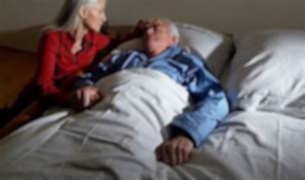 |
 |
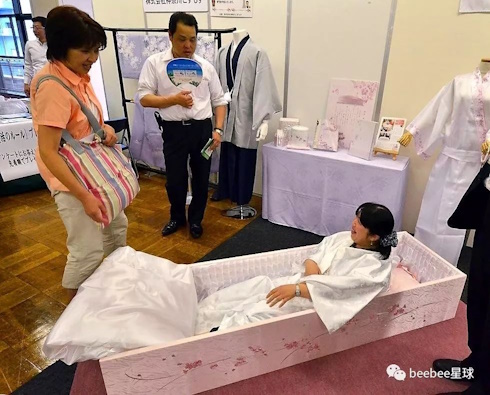 |
|
An
Example of Caring
for a Death Journeyer at Home
|
Rethinking
the
Language of Suffering
in End-of-Life Choices
|
Japanese
funerals and beliefs
|
| Bill
(not his real name) was in hospital when he
was identified as being in the final stage
of life. He expressed a strong
wish to return home to die, and I was called
to support the family as their end-of-life
doula. read
more |
This
blog is not about MAiD itself, but rather
the issue of the wording we use for 'end of
life' states. In Canadian MAiD, one must have
a terminal condition or 'intolerable suffering'
in order to qualify. Actually, the language
now is "Grievous and irremediable medical
condition"; but 'grievous' means "characterized
by severe pain, suffering, or sorrow"
?? so pretty much the same as 'intolerable'.
read
more |
I
have been researching shukatsu which is a
practice that has been on the rise in Japan
since about 2009. This practice
involves the person planning out their end
of life and funeral service prior to illness.
The increase in shukatsu practices
is a result of increasing aging population,
families moving further away and a shift in
mindset that life is a circle, there is no
ending, just transformation. read
more |
|
July
10,2025 ~
Gaylene Delaney
By My Own
Heart and Hand student, end-of-life
doula, New Zealand
|
June
10, 2025 ~ Pashta MaryMoon
By
My Own Heart and Hand teacher
|
May
10, 2025 ~ Jennifer McCrae,
By My Own Heart and Hand graduate
|

|
|
|
|
|
Practicing
Deathcare Together
|
There
was a phone call ~
Children and Death
|
The
Dark Sky Swaddles
Its Secrets
|
|
On
a winter's day in January, nine souls from
our community deathcare group gathered in
one of our serene rural homes to rehearse
what was once an intuitive, communal act-caring
for our dead.
This
magical home funeral session was a space
for hands-on practice, a way to deepen our
comfort with deathcare, and strengthen our
ability to support one another when the
time comes. (read
more)
|
I
loved my grandmother very much. My
whole life, for some reason, I would always
say she was like my mom to me. I
spent every weekend with her at her house....
is how I remember my time with her. It
was like an escape from my home to be with
her.
One
day when I was maybe when I was 11 or 12,
I was at her house for a sleepover and she
drew the bath water for me. I remember
her coughing a lot.
(read
more)
|
We
are moving towards our annual blessed darkness,
the Winter Solstice. This is the time
of year to take advantage of sheer and complete
darkness as a healing element. Black
is the most restorative hue for the retina.
If
you were to lie down in a darkened room
in Shavasana (Corpse Pose), with cupped
hands over your eyes, to dispel any light
entering, the sustained pose would gift
your eyes the inner re-set instructions
to re-vision your world again...(read
more)
|
|
March
26 Madeline Christe
By My Own Heart and Hand teacher
|
June,
2024 Andrea Trimble
By My Own
Heart and Hand Graduate
|
December
15, 2024
Tricia Keith
By My Own Heart and Hand Teacher
|

|
|
|
|
|
A
Family Undertaking ~
Such a Beautiful Film,
A Student's Perspective
|
Three
Possible Elements of
Our Being in Deathing
|
On
Disorganized and
Delayed Grief
|
| The
beauty of the relationships of the journeyers,
families and companions really shone through.
The love and connection to the process
really allows people to have a sense of agency
during this phase of life transition.
......
read
more |
When
I was in my early twenties, I visted Elizabeth
Kubler-Ross's centre in California, Shanti
Nilaya (meaning 'home of peace'), to talk
to them about an idea I had: although, looking
back, I can't recall how this idea originated.
The Shanti Nilaya folks had no response ~
I guess the idea was too weird, BUT................
read
more |
The
impact of my father's death on me is that
I had not really felt grief...as I completely
accept his decline, frailing ~if this is a
word~ and death....
I can count on one hand the times he said
something positive or acknowledged anything
"good" that I had done during my
childhood till adult and into my late 50's. read
more |
|
October
2024 Shelley Garside
By My Heart and Hand graduate
|
November
7, 2024 Pashta MaryMoon
By My Own Heart and Hand Teacher
|
October
20, 2024 Alisa K.
By My Heart
and Hand graduate
|
|



Last
updated June 2023 © CINDEA
(To use more than a brief extract, please
contact us
for permission.)
|
|
|
|
|







